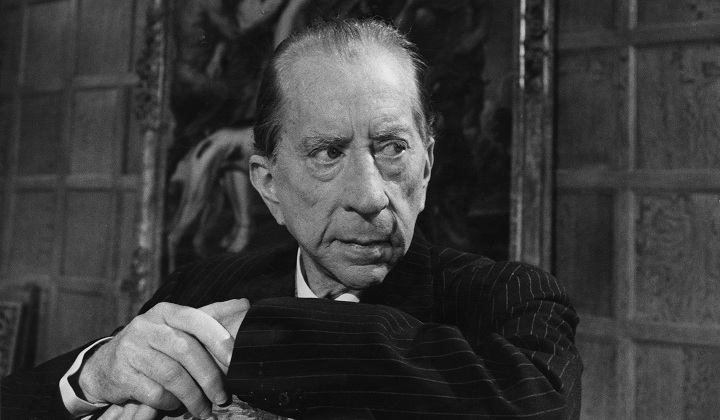Michael Lewis has a different kind of take on wealth disparity in the U.S. In a New Republic review of Darrell M. West’s book Billionaires, Lewis remains circumspect that ridiculously prosperous Americans can win elections or influence issues, even in a nation defined by Citizens United and growing income inequality. (I don’t know that we’ve yet arrived at the endgame on that issue.) But he still thinks superwealth may make people assholes, or at the very least, uncaring and unhappy–that apart from money, they aren’t very rich. It’s a generalization, sure, though it’s difficult to imagine that being cosseted by a fortune wouldn’t alter a person’s worldview, wouldn’t allow them to arrange their reality as they wish, minus that helpful friction the rest of us encounter when we want our own way regardless of how it effects others. At any rate, Lewis comes armed with a trove of research by social scientists, psychologists and neuroscientists. An excerpt:
“What is clear about rich people and their money—and becoming ever clearer—is how it changes them. A body of quirky but persuasive research has sought to understand the effects of wealth and privilege on human behavior—and any future book about the nature of billionaires would do well to consult it. One especially fertile source is the University of California, Berkeley, psychology department lab overseen by a professor named Dacher Keltner. In one study, Keltner and his colleague Paul Piff installed note-takers and cameras at city street intersections with four-way stop signs. The people driving expensive cars were four times more likely to cut in front of other drivers than drivers of cheap cars. The researchers then followed the drivers to the city’s cross walks and positioned themselves as pedestrians, waiting to cross the street. The drivers in the cheap cars all respected the pedestrians’ right of way. The drivers in the expensive cars ignored the pedestrians 46.2 percent of the time—a finding that was replicated in spirit by another team of researchers in Manhattan, who found drivers of expensive cars were far more likely to double park. In yet another study, the Berkeley researchers invited a cross section of the population into their lab and marched them through a series of tasks. Upon leaving the laboratory testing room the subjects passed a big jar of candy. The richer the person, the more likely he was to reach in and take candy from the jar—and ignore the big sign on the jar that said the candy was for the children who passed through the department.
Maybe my favorite study done by the Berkeley team rigged a game with cash prizes in favor of one of the players, and then showed how that person, as he grows richer, becomes more likely to cheat. In his forthcoming book on power, Keltner contemplates his findings:
If I have $100,000 in my bank account, winning $50 alters my personal wealth in trivial fashion. It just isn’t that big of a deal. If I have $84 in my bank account, winning $50 not only changes my personal wealth significantly, it matters in terms of the quality of my life—the extra $50 changes what bill I might be able to pay, what I might put in my refrigerator at the end of the month, the kind of date I would go out on, or whether or not I could buy a beer for a friend. The value of winning $50 is greater for the poor, and, by implication, the incentive for lying in our study greater. Yet it was our wealthy participants who were far more likely to lie for the chance of winning fifty bucks.
There is plenty more like this to be found, if you look for it. A team of researchers at the New York State Psychiatric Institute surveyed 43,000 Americans and found that, by some wide margin, the rich were more likely to shoplift than the poor. Another study, by a coalition of nonprofits called the Independent Sector, revealed that people with incomes below twenty-five grand give away, on average, 4.2 percent of their income, while those earning more than 150 grand a year give away only 2.7 percent. A UCLA neuroscientist named Keely Muscatell has published an interesting paper showing that wealth quiets the nerves in the brain associated with empathy: if you show rich people and poor people pictures of kids with cancer, the poor people’s brains exhibit a great deal more activity than the rich people’s.”
Tags: Dacher Keltner, Darrell M. West, Keely Muscatell, Michael Lewis, Paul Piff

